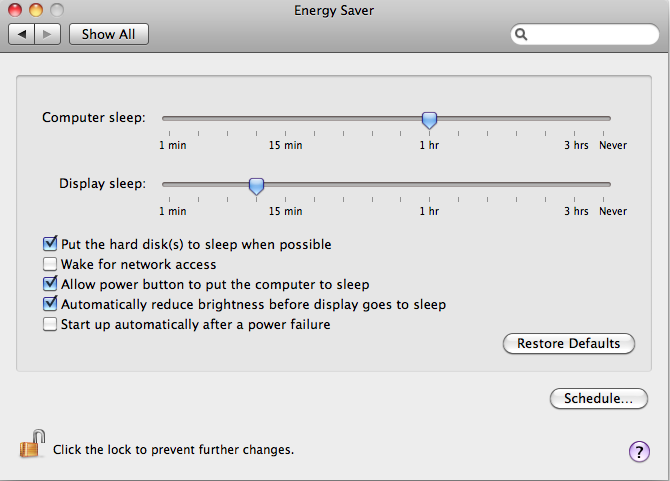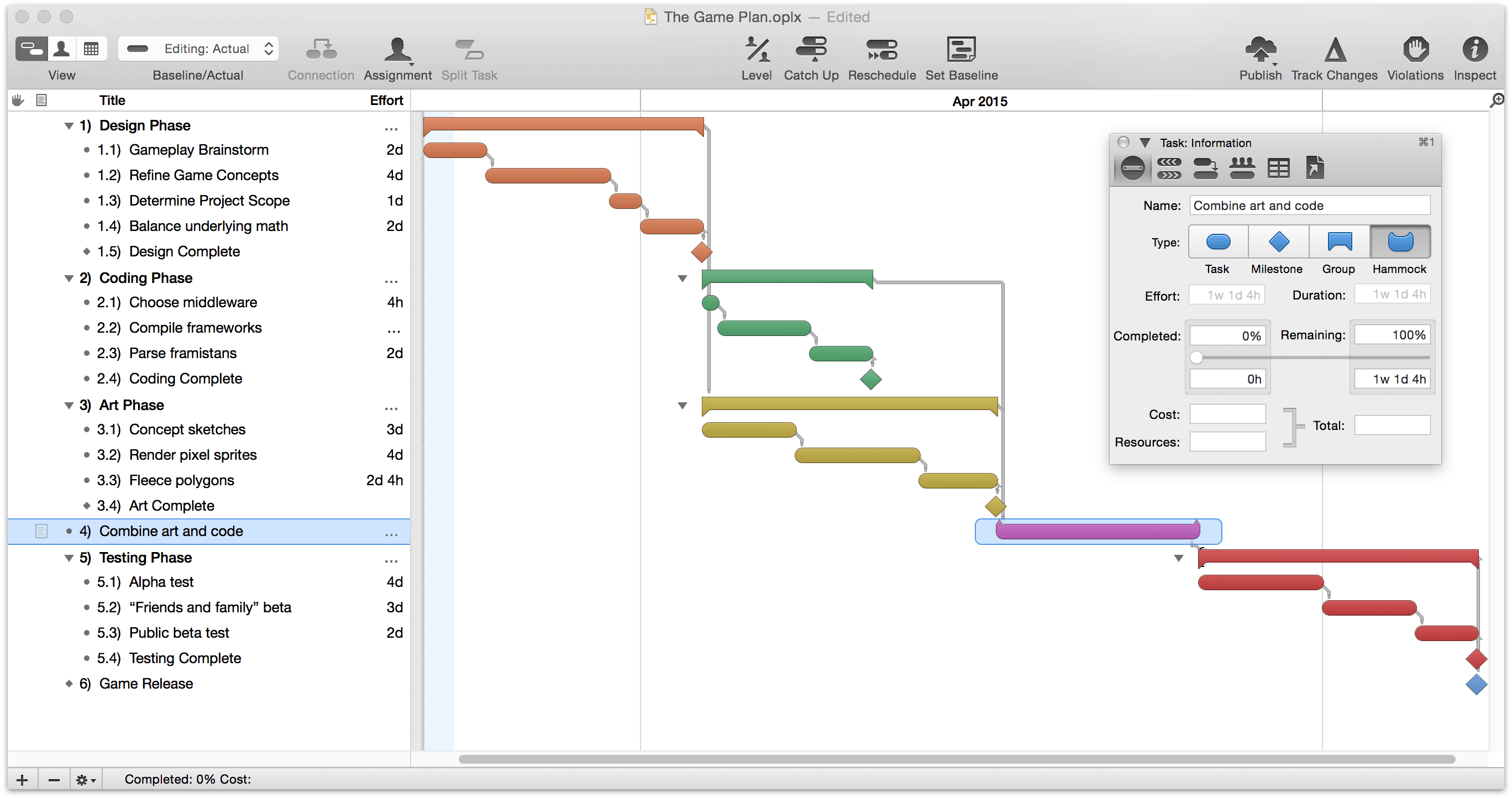
In the modern era, macOS allows developers to define different QoS levels. We have, therefore, historical background from Windows to demonstrate the impact of proper task offloading and how much of an impact it can have on task responsiveness. Even though the integrated Nvidia GPU only offloaded the Windows 7 UI, it made Ion feel distinctly up-market compared with the Intel 945 chipset. While no Bonnell-powered Atom system had much of a CPU to speak of, netbooks based on Nvidia’s Ion chipset felt like they were in an entirely different class of device. Even though the AMD Athlon XPs of the day might be faster in a single-threaded workload, Hyper-Threading kept the system responsive.įast forward to 2008-2009, and the launch and popularity of Intel’s first-generation Atom. Scott Wasson, then of the Tech Report, coined the term “creamy smoothness” to describe how the P4 behaved under load compared to an HT-less CPU. One of the challenges of testing Hyper-Threading, back when it debuted on the Pentium 4, was the difficulty of measuring exactly how it impacted system behavior. If you start work on your Mac at the same time each weekday or always want it to sleep at the end of your workday, creating a schedule that coincides with your own is easy.Before we dive into his findings, I’d like to toss in a bit of historical context.

To make sure your Mac shuts down on your schedule even when it’s sleeping, Apple suggests that you set the Start up or Wake for five minutes before the time you schedule it to Shut Down.Īlso note that if you schedule your Mac to Start up, it must be connected to the power adapter.

Choose the days from Weekdays, Weekends, Every Day, or a particular day and any time of day you like for each option.Īs you can see, you can schedule your Mac to start, wake, sleep, restart, or shut down and with flexible options for the days and times.

You can use both by checking the boxes or just one or the other. Check the box for Start up or wake at the top and/or an option in the Sleep drop-down box for Sleep, Restart, or Shut Down.It does not matter if you have the Battery or Power Adapter tab selected. Click the Schedule button at the bottom.Open System Preferences with the icon in your Dock or by clicking Apple icon > System Preferences from the menu bar.

Setting up a schedule for your Mac is simple and only takes a minute or two.


 0 kommentar(er)
0 kommentar(er)
